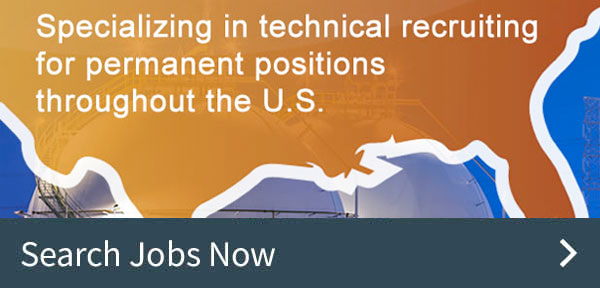 Please take a few moments to read these suggestions. These tips are for your benefit. Remember the purpose of going on an interview is to get an offer. You cannot accept or decline what you do not have.
Please take a few moments to read these suggestions. These tips are for your benefit. Remember the purpose of going on an interview is to get an offer. You cannot accept or decline what you do not have.
1.) If traveling always carry a credit card. Sometimes arrangements between clients and hotels, rental car firms and airlines go awry.
2.) Always dress for success (a business suit or business casual) unless instructed otherwise. You only have one chance to put your best foot forward. Regarding jewelry items, colognes, perfumes – wear as little as possible. Be well rested and put your mobile device in silent mode during the interview.
3.) If something delays your arrival to the interview be sure to let the interviewer know..
Check to make sure you have necessary contact numbers. The worst scenario is that you’re running late, and no one hears from you.
4.). Offer a firm (but not hand-breaking) handshake and be sure to make eye contact with the people you are interviewing with. Do not accept an alcoholic beverage during lunch. Have a few copies of your resumes just in case.
5.) Casual conversation should be initiated by the interviewer. Be prepared to talk about your accomplishments. Review your resume so you do not have to refer to it when questioned. Answer questions directly and to the point. It’s okay to have a short follow up question like “was my answer sufficient or should I drill down a bit further”. Then the interview becomes a conversation and not just an interrogation. If addressing a weakness. Validate the weakness “you’re correct, I haven’t worked with that particular software”. Show confidence – “but I’m sure I could learn it fairly quickly”. Educate – I have worked with a similar product ….”.
Be prepared for the question “Why are you looking for a new job?” A good answer will show that you have done your research on the company. “Your company offers me the technical challenges I am seeking at this point in my career.” Be prepared to expand on that if necessary.
Emphasize what you can do for the company
Make sure that you answer all questions fully and intelligently but keep your responses short and to the point. You shouldn’t feel the need to keep talking if you have already expressed your point. Be a good listener when the interviewer is talking and wait until they are finished to ask questions. Do not talk over the interviewer and do not interrupt. On the other hand, don’t be too quiet. It might appear as a lack of enthusiasm, especially if you stick to “yes” and “no” answers.
6.) Don’t exaggerate your accomplishments. Be honest about what you have or have not done.
7.) Prepare yourself with as much information on the company and the job as you can get your hands on. Visit and study their web site before you interview. Gain as much information about the interview process from your recruiter.
8.) Discuss salary and benefits with a human resource representative, if possible. Let the interviewer bring up that subject.
8a.) How to handle the salary issue. This should be discussed with your recruiter prior to your interview. It is part of the recruiter’s job to make sure your expectations are in line with the company’s. Many states do not allow asking about current salary. If you can provide this be honest. Otherwise try to provide an acceptable range you would consider. If you are just not sure you can always say “I am receptive to your best offer.” Typically, company’s base their offer by comparing your experience with other employees, not on your current salary.
9.) Avoid “bad mouthing” past employers / bosses or other employees. The interviewing company will think that is the way they will be remembered.
10.) If you like what you see and hear make sure the company knows it. Ask for a potential start date. Find out when you can expect to hear back.
11.) Be sure to have references available. They should be supervisors that can verify the quality of work you have performed. Make sure they are aware you are using them as a reference.
12.) Be sure to get back to your recruiter as soon as possible after the interview. Inform him/her of your likes and dislikes and whether you would accept an offer should the client make one.
13.) Closing questions – usually the company will ask you if you have any questions for them. Here are 3.
- How do you feel my experience lines up with your position?
- Are there any additional concerns I can address?
- Do you think I will fit in well with your team?




